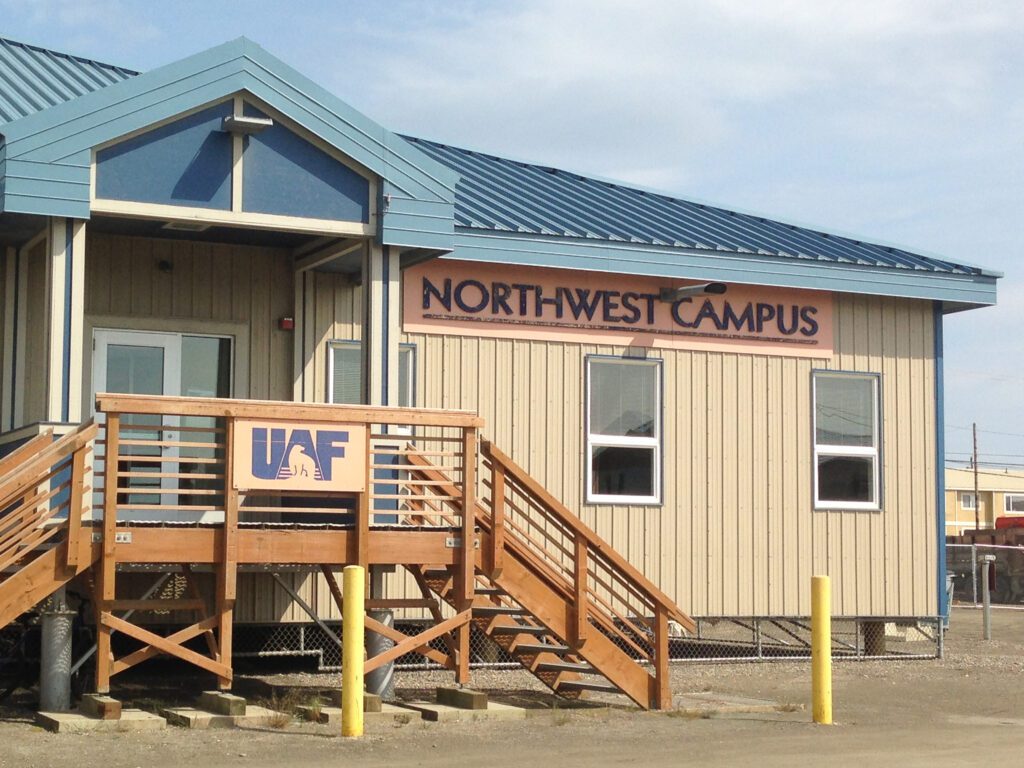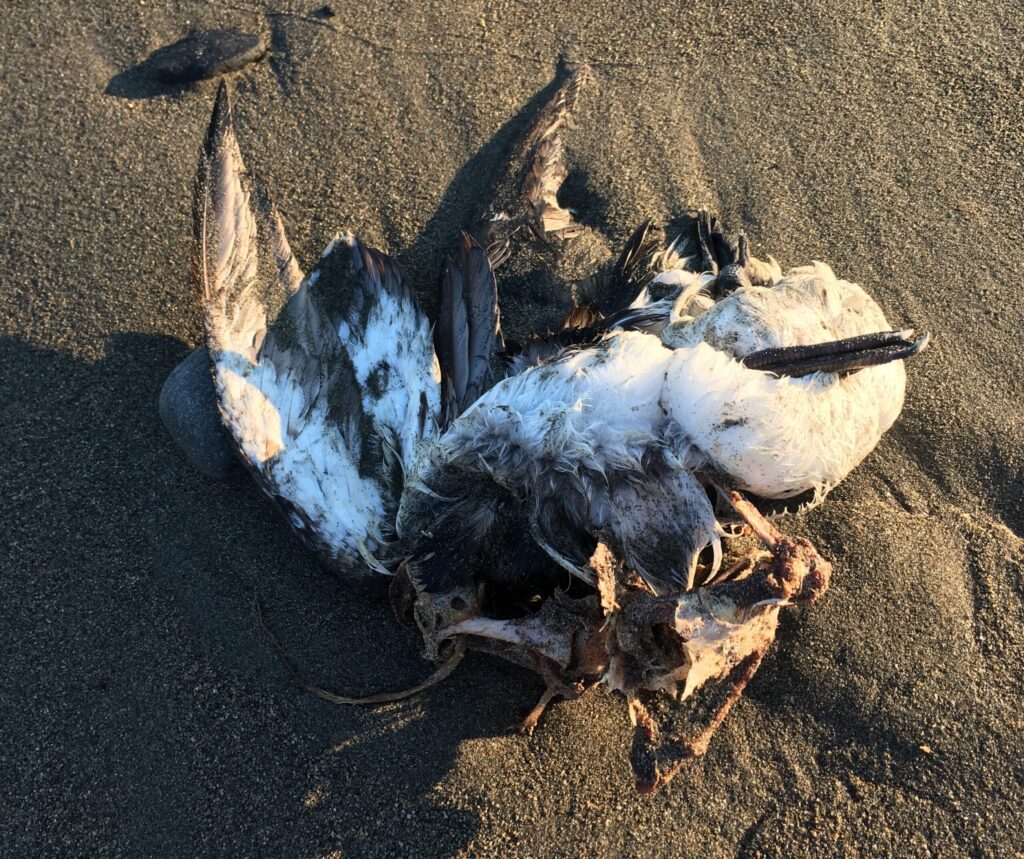Brent Sass has been hard to catch in this year’s Iditarod. He has camped outside of checkpoints for the majority of the race, stopping only long enough to grab food and supplies, running his team much like he would in Alaska’s other 1,000-mile sled dog race, the Yukon Quest.
The Eureka-based musher has consistently driven his team between 8 and 9 miles per hour in this Iditarod, and he is driven to win.
We caught up with Sass at a remote shelter cabin along the trail between Kaltag and Unalakleet as the dogs rested in a midday sun Saturday. The day before, he had blown through Galena in the heat of the day, after a long run.
At the cabin, Sass emphasized the need for focus and perspective as Iditarod enters its final, competitive chapters. “The biggest thing I need to do right now… is paying attention to my dogs and what they need. There’s still a lot of race left, that’s what we have to remember. 300 miles… is a long way to go. It’s still a third of the race.”
The final stretches of the trail — along the Norton Sound coast, notorious for its sometimes-volatile, frequently-unpredictable weather patterns — present both potential advantages and liabilities for his team, Sass added. “It’s super windy where I live, so that’s gonna help. I kinda hope it’s windy, I kinda hope we have a little bit of adverse conditions; I think that’ll play into my favor a little bit. That being said, I’ve only been on the (Norton Sound) coast three other times in my entire life. There’s a lot that it’s going to throw at us that I’m not necessarily prepared for. I feel like I’m prepared for whatever, but there’s a lot of things that can happen out there.”
And while Sass struck an optimistic tone for the race ahead, it was tempered by measured respect for his (many) competitors. “There’s lots and lots of good competition… people that have a lot more experience than me running the Iditarod, (especially) the last 300 miles. That’s the most intimidating thing for me is that I’ve never been in this position.”
At 11:43pm Saturday night, Sass became the first musher to reach the Norton Sound coast, arriving into the checkpoint of Unalakleet. At 6:47pm Sunday, he also became the first musher to hit Koyuk.







